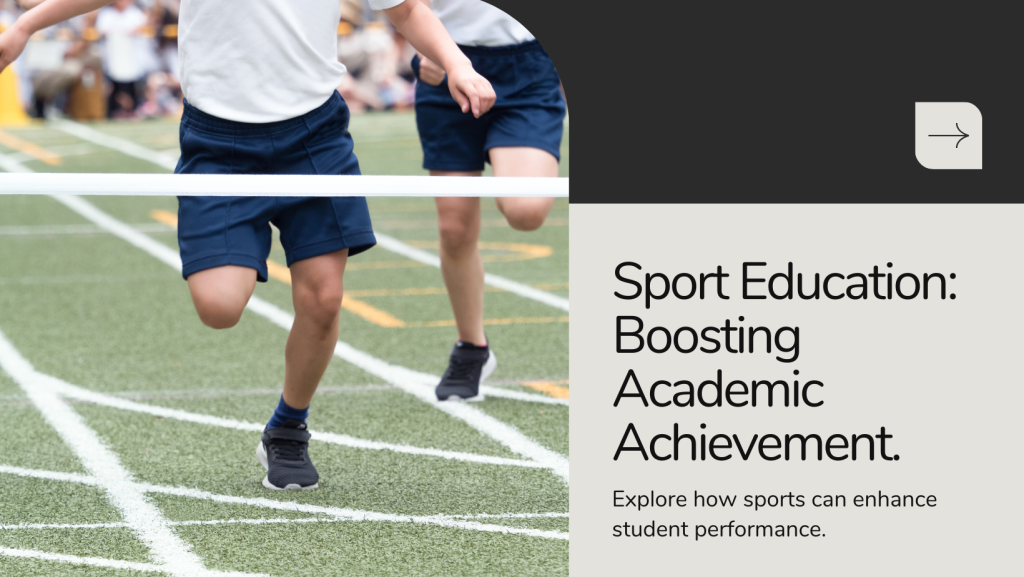The Impact of Sport Education on Academic Achievement

While the primary focus of sport education programs is typically on developing physical skills and promoting healthy lifestyles, research suggests that participation in such programs may also have positive effects on academic achievement. By engaging students in active, hands-on learning experiences, sport education can enhance cognitive functioning, academic motivation, and overall school performance.
One way in which sport education may benefit academic achievement is by promoting cognitive skills such as problem-solving, decision-making, and critical thinking. In sports, students are constantly faced with challenges and opportunities to make strategic decisions, which can help improve their ability to think analytically and creatively. Moreover, participating in sports requires students to use both their bodies and minds, leading to enhanced neural connections and cognitive functioning.
Furthermore, sport education can have a positive impact on academic motivation and engagement. Many students who may struggle in traditional classroom settings find success and enjoyment in sports and physical activities. By providing students with opportunities to excel and receive recognition for their achievements, sport education programs can help boost self-esteem and confidence, which are important factors in academic success.
Additionally, participation in sport education may have indirect benefits on academic achievement through improved physical health and well-being. Research has consistently shown that regular physical activity is associated with better cognitive function, mood regulation, and overall mental health, all of which can contribute to academic success. Moreover, students who are physically fit and healthy are more likely to attend school regularly and perform better academically.
In conclusion, sport education programs have the potential to positively impact academic achievement by promoting cognitive skills, enhancing motivation and engagement, and improving physical health and well-being. By integrating sports and physical activities into the curriculum, educators can create learning experiences that benefit students both inside and outside the classroom, ultimately contributing to their overall academic success.



